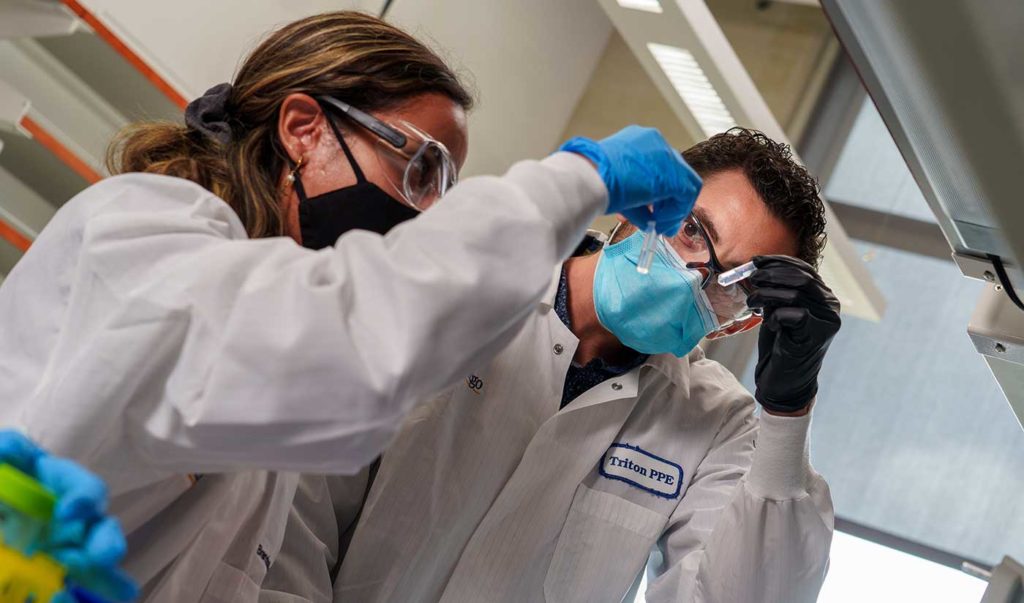80% of the students we work with are interested in applying to medical school through a BS/MD program. And for the right student, BS/MD programs are great options. But BS/MD programs aren’t the only way to medical school and in fact the vast majority of doctors in this country go the traditional route.
What do we mean by the traditional route to medical school? The traditional route is going to a traditional college for 4 years and at some point applying to medical school. If accepted you would then spend 4 years in medical school before doing a residency in some specialty. Why might someone want to go the traditional route to medical school?
One advantage of the traditional approach to medical school is that it gives the student more time to decide if medicine really is their focus. Most 17 and 18 year old students don’t know what they want to do with the rest of their lives. That is fair. We don’t normally expect that kind of foresight in someone that age.
A second benefit of the traditional approach is that it opens up a lot more options for undergraduate colleges. There are almost 4,000 four year colleges in this country. There are only about 100 BS/MD colleges and one of those might not be the best option for a particular student.
A third benefit is that you may have greater options to compare financial aid packages when looking at all of the colleges and not just those with a BS/MD program. If money for college is really an issue, you should be looking at colleges that are likely to give you significant need or merit aid, depending on your circumstances. And this list will most likely involve colleges that don’t have BS/MD programs.
Increased flexibility on what to do during the college years provides a fourth advantage. Want to take a year for study abroad? Want to study something other than just the sciences in the first few years? Want to explore your different career options? With a traditional college education these things aren’t a problem.
A fifth benefit is that you will have more options for medical school if you go the traditional route since most medical schools do not offer a BS/?MD program. This may not seem like a big issue but medical schools have personalities just like colleges and what is right for one student may not be right for another. Medical schools also have different ways of teaching and you might find a med school that matches your learning style better if you have more options.
Remember how I said that 80% of my students are applying to BS/MD programs? That other 20% are applying to medical school through the traditional route. One isn’t better than the other. They are just different options. The question you have to answer is, what is the best choice for you?


Leave a Comment